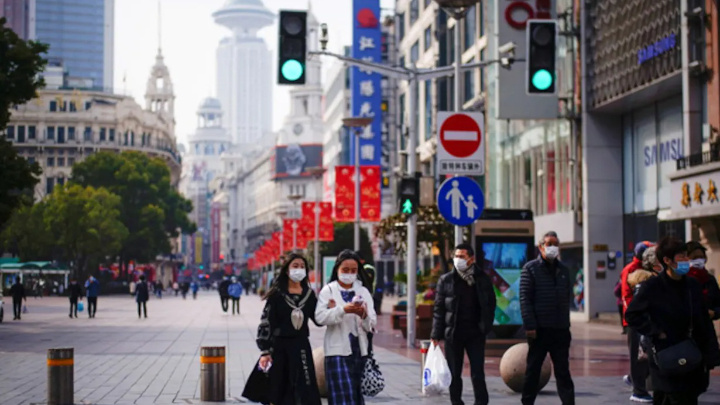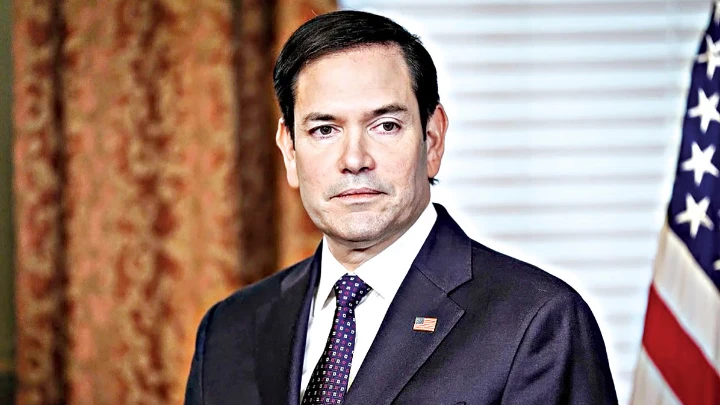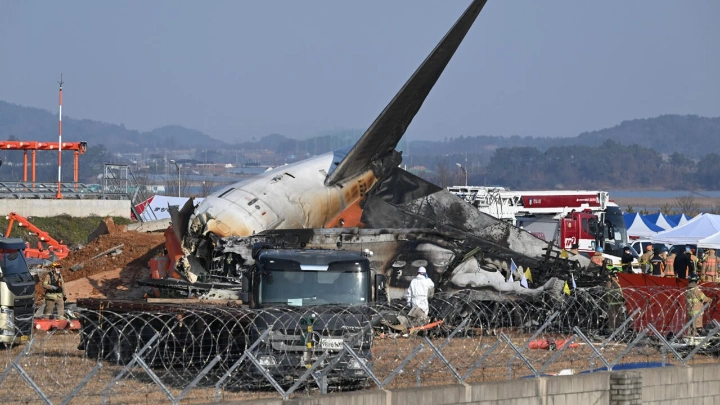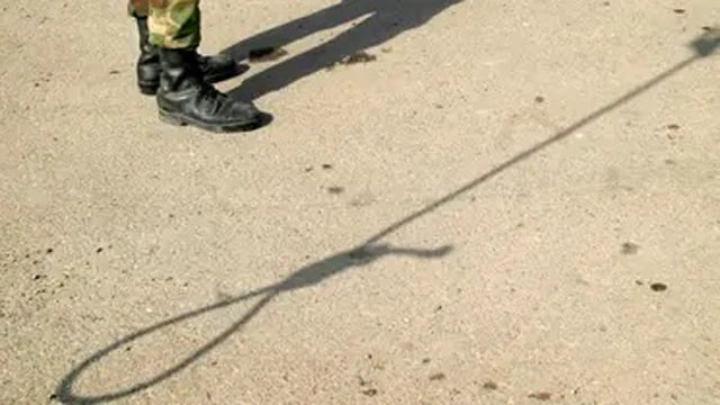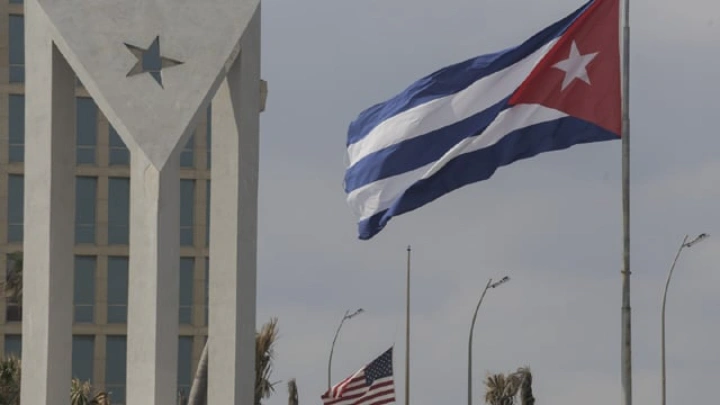Beijing and Shanghai back at zero Covid cases after 4 months
Shining BD Desk || Shining BD
China’s two largest cities have contained Covid-19 following a bruising four-month fight that saw millions of residents locked in their homes, exhaustive testing and restrictions on daily life that impacted every facet of society and the economy.
The capital and financial hub both recorded zero new locally-transmitted Covid infections for Monday, the first time both cities had no virus freely circulating since Feb. 19. Nationwide, China reported just 22 cases, according to the National Health Commission.
Reaching the milestone in Beijing and Shanghai shows it is possible to eliminate the virus despite the arrival of the highly-contagious omicron variants that are able to evade immunity gained from vaccination.
The victory has come at a significant cost, however, and doesn’t mean the fight is over. New infections could emerge, triggering a renewed cycle of containment in either city. China itself hasn’t been virus-free since October, but is still pursuing its intensive Covid Zero strategy.
Constant cycle of restrictions is China’s Covid future
“It’s not surprising that China has managed to return to so-called zero, after all the huge effort it’s made,” said Huang Yanzhong, a senior fellow for global health at the New York-based Council on Foreign Relations. “But that doesn’t mean it can claim a thorough and durable victory because it didn’t eradicate the virus,” he said. “Unless they thoroughly fence off Beijing and Shanghai, the virus could sneak in anytime.”
Halting local circulation of the virus required harsh measures to root out infections and break chains of transmission. In Shanghai, which last reported no new community cases on Feb. 23, more than 25 million residents endured a two-month lockdown. Targeted restrictions, extensive contact tracing and regular testing are now widespread in both cities.
Lofty goals
The demands of Covid Zero show how difficult it is to stamp out the infectious pathogen for long, and underscore the risk facing the world’s second largest economy. Many now expect Beijing to miss its 5.5% growth goal for the year, with economists projecting 4.2% gross domestic product gains in 2022. The repercussions are being felt around the world, with Nike Inc. the latest company to offer a gloomy forecast based on dimming expectations in China.
Zero tolerance is isolating China from the rest of the world, which is awash in the virus after shifting to living with it. Still, Chinese authorities are under massive pressure to insulate the economy from Covid Zero, especially ahead of the Communist Party congress later this year when President Xi Jinping is expected to secure an unprecedented third term.
There is no end in sight for local leaders who are juggling efforts to keep Covid out while spurring their economies. At least five key cities and provinces have said virus control measures will continue as their party chiefs -- many of whom are Xi’s close allies -- addressed local party congresses in recent days.
Chongqing party boss Chen Min’er pledged “no slack” in implementing Covid control measures. Tianjin’s Li Hongzhong promised to normalize pandemic prevention. And while Beijing Daily retracted a report that sparked a social media backlash for saying the capital would stick to a zero-tolerance approach “in the next five years,” it was based on comments from party leaders who were addressing the major tasks for the next five years.
Meanwhile, Shanghai’s leader said the city’s approach was “completely correct” as he declared victory in defending the financial hub against Covid-19.
Most pandemic restrictions in Beijing, which last reported zero cases on April 16, are on track to be eased and students will be allowed to return to in-person school on Monday. But there is a new normal.
Residents are required to show a green code on a mobile app that tracks their health status, and take a Covid test every three days to enter any public venue, including restaurants, shops, and mass transportation. Even kids over age three must be tested to play in the park.
Looming threat
The virus is still circulating elsewhere in the country, as well.
Several cases have emerged in the technology hub Shenzhen, which is in the spotlight as Xi is expected to stay there later this week during the 25th anniversary celebration of the handover of Hong Kong to the Chinese. His attendance is also anticipated at the swearing-in ceremony for the city’s incoming chief executive John Lee.
There were five local infections in Shenzhen on Monday, found after the Futian district that borders Hong Kong was locked down, non-essential businesses were shut and restrictions were imposed on residents leaving their compounds.
The northern port city of Tianjin also reported four Covid infections on Monday. They were found during regular checks of staffers working in a closed-loop system used for inbound international flights, state media reported, citing the municipal government.
It’s unclear how or when China will exit the Covid Zero mindset.
“From the government perspective, authorities think the costs are worth it as they believe they have avoided the most dangerous situation,” said Huang, from the Council on Foreign Relations. “And while the government claims the social and economic costs are still affordable, there are far larger indirect costs that haven’t been taken into account,” he said.
“We can’t foresee an end.”
Hindustan Times
Shining BD

